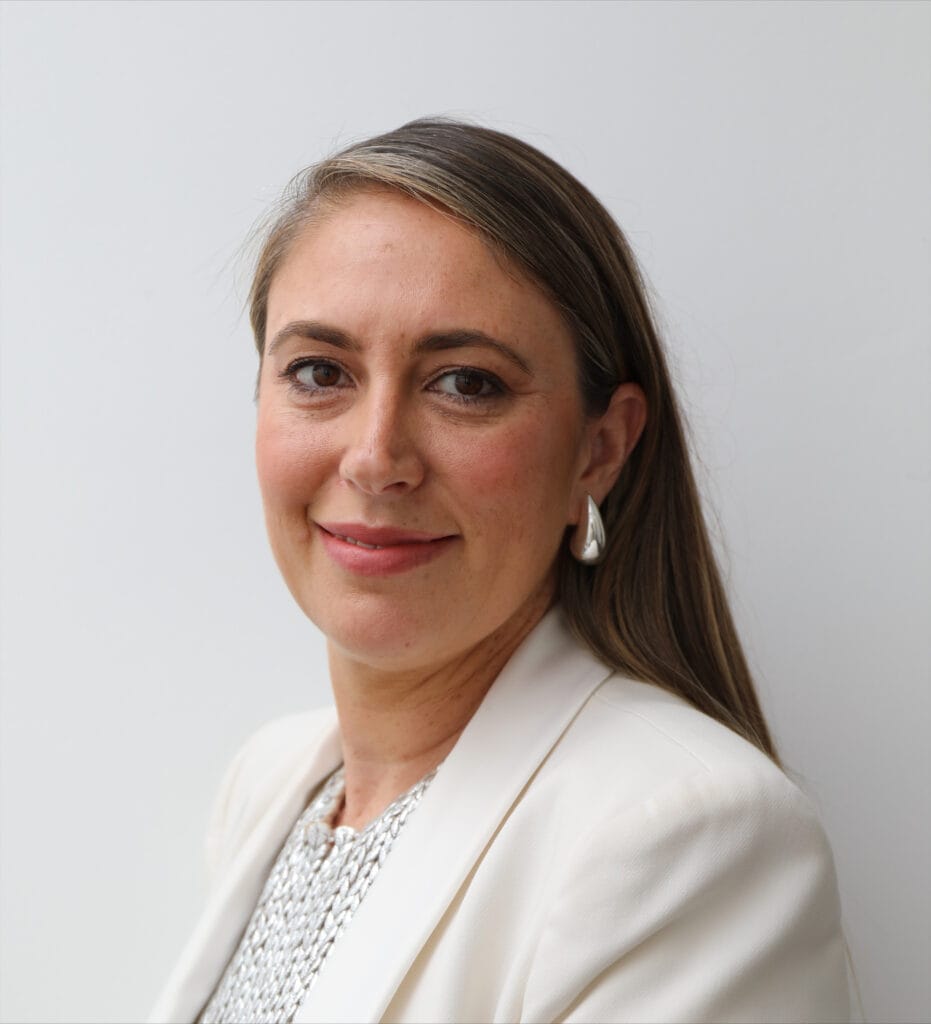News
6 million await diagnosis for women’s health conditions

● 30% experiencing symptoms of women’s health conditions, including PCOS, endometriosis and gynaecological cancers, are yet to receive a formal diagnosis
● Diagnosis took two years and three months on average for women who have their condition confirmed by a doctor
● Those awaiting support have taken matters into their own hands, making lifestyle changes to combat symptoms including enforced diet programmes, or reducing the amount they work to focus on their health
Nearly six million women are suffering symptoms of undiagnosed women’s health conditions, from polycystic ovaries, to gynaecological cancers.(1)
According to a new study by King Edward VII’s Hospital, average diagnosis times for a women’s health condition are now two years and three months. Of those affected by women’s health conditions, nearly one in three (30%) are yet to receive a formal diagnosis, while 23% are yet to even start the process of seeking medical help.
Mr Srdjan Saso, Consultant Gynaecologist and Surgeon at King Edward VII’s Hospital, commented: “A delayed diagnosis can mean a severe impact on quality of life both professionally and personally.
“It can have a significant impact on a woman’s day-to-day life and hence needs to be addressed properly and seriously. From a more sinister perspective, in certain cases, it can be cancer and we are picking it up late.”
“There are also complex historic and social reasons why women’s health has been overlooked,” he said. “It is something as a society we need to tackle head-on. We have come a long way but we are still not there.”
Barriers are detrimental to the mental wellbeing of affected women, where nearly one in four (24%) report that their condition has contributed to poor mental health, and others have seen their relationships with their partner, friends and family suffer as a result.(2)
Impact on women’s day to day life
In their desperation to alleviate issues, 44% affected women are attempting to help themselves through lifestyle changes, including diet and exercise programmes, cutting down on socialising and working time, or paying for alternative therapies.(3)
Confusion around medical pathways or lack of awareness is contributing to the issue, half of women (50%) admit that it’s not straightforward receiving help for a women’s health matter. Subsequently over a quarter (27%) have given up on seeking medical support.
Societal barriers may also have a role in low diagnosis levels amongst women’s health sufferers, one in three (31%) would not be comfortable talking to their employer about or requesting time off to manage a condition, and nearly a quarter (23%) fear that their career prospects would be affected adversely by a diagnosis.
Professor Christina Fotopoulou, Consultant Gynaecological Oncologist and Clinical Director of Women’s Health at King Edward VII’s Hospital, commented: “Conditions that affect women’s health may significantly affect the quality of life of women and have long term sequalae if remained untreated. As our survey shows, it can be easy to feel helpless and not know where to turn when it comes to searching for help and a diagnosis.
“While awareness for these conditions remains relatively low and we strive as professional community to increase awareness and education, listening to your body and seeking help as soon as you notice any unexplained changes can improve the long-term prognosis, and allow you faster access to help. Access to specialists teams is key for appropriate treatment tailored to ones needs.”
Notes
King Edward VII’s commissioned Censuswide Research to survey a nationally representative sample of 2,000 UK adults (1,000 women) aged 18+ between 31 October and 2 November 2022.
1. 11% are awaiting diagnosis or suspect they have a women’s health condition. There are 52.6m adults in the UK (0.11×52.6= 5,786,000)
2. 39% believe that a women’s health condition has negatively impacted their relationship with their partner, 31% have seen a negative impact on their relationship with friends and family
3. Of women with a diagnosed or suspected women’s health condition 44% have taken steps to manage symptoms themselves including: made lifestyle changes e.g diet/ exercise (44%), reduced the amount of socialising they do (8%), undergone alternative therapies (4%), paid for private healthcare to speed up diagnosis and/or treatment (2%), reduced working days (1%), agreed a remote working arrangement with their employer (1%), and other ways (12%)
For more information contact:
KingEdwards@thirdcity.co.uk
or
Tabby Haysom: T – 07719939902 E – tabby@thirdcity.co.uk
Latest Hospital News
Should you wish to speak to our press team, please visit Press Enquiries




